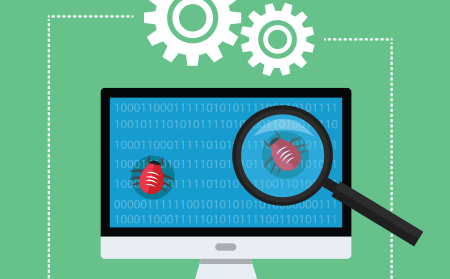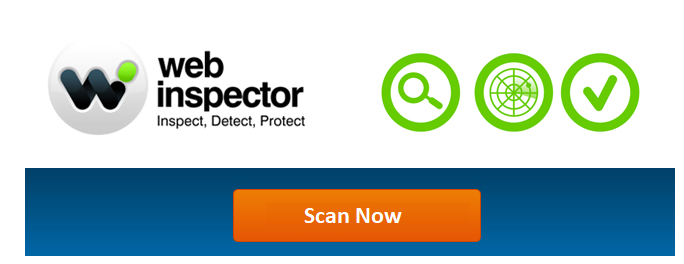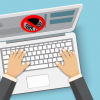Attacks on websites can be prevented by employing a type of website virus checker. Scanning tools for websites run in the background and are capable of instantly identifying vulnerabilities and malware, however not all scanners are made equally. Internal malware scanners download a site’s source code and analyze each line looking for the signatures of malicious code, and external malware scanners crawl each page of a site, just like a search engine, and look for malicious links or script.
Benefits of Website Virus Checker
- Automatic remediation of known threats.
- Monitor FTP and file change in order to provide full visibility of website changes.
- Protect your database from SQL injections by probing your website for weaknesses.
- Identify malware and receive notifications if issues are identified, helping keep your information secured and preventing your website from being blacklisted.
- Guarantees network security by checking ports on your server to ensure that only appropriate visitors gain access to your website.
Check your Website for Malware
With the increasing spread of cybercrime, malware continues to be a constant weapon in a cybercriminal’s armory. Website malware is used for stealing sensitive customer information, holding websites for ransom, or even taking control of the website itself. In many cases, website users are completely unaware of the fact that they have been attacked.
It is thus essential to take matters into your own hands and become proactive about web security if you to protect your website. Web security can be obtained by learning to check for signs of malware manually or by using a website scanner capable of detecting malicious content and automatically removing it.
Follow the steps given below to check your website for malware:
Look for Common Signs of Malware
If your website hasn’t been damaged, you might still have malware if:
- Your website crashes or freezes
- You have experienced a rapid increase or drop in traffic
- Your account login information was changed without your knowledge
- Your website files were altered or deleted without your consent
- You have observed an evident change to your search engine results, such as harmful content warnings or blacklisting
Use a URL Scanner
Use a good website virus checker like a URL scanner if you suspect that your website has malware. If your site is flagged for malware and you want to identify the source of the infection, you can begin by looking at your website’s code.
Monitor for Changes
All website owners should never fail to keep frequent backups of their website. This can be achieved by using a tool that automatically creates backups. This offers a number of benefits, such as having a clean copy to restore your site in case a cyberattack takes place. Understanding what the clean, normal code on your website looks like can also help in detecting potential signs of malware.
Check for Database Malware
For this, you will need access to a database administration tool offered by your web host. After obtaining this access, go ahead and check for signs of malware using a list of common syntax used by cybercriminals.
Check for Malware in Your Source Code
You will have to check for two types of attributes if you are looking for malware in your source code: iframe attributes and script attributes. Look for any lines starting with “<script src=>” and check for strange URLs or file names that follow. Likewise, look for unusual URLs included in <iframe src=”URL”>. If anything looks out of place, or the URL does not look familiar, it most probably indicates a cybercriminal activity.
Check for Malware in Your Files
You can manually check for malware in your website’s files through a few methods that differ in their degrees of difficulty and effectiveness. For most website owners, it is best to search for malicious content in your website files using their own host-provided file manager or FTP.
Automatic Website Scanning to Remove Malware
With increasing levels of criminal activity, the need for website protection also grows and this indeed demands the use of a website virus checker capable of searching your website for known malware and then removing it automatically.
Automatic website scanning on a daily basis helps you to save time and also allows you to get ahead of any infections, which may lower the negative impact of malware on your website and its visitors. Malware scanners have been designed for automatically scanning common malware types including shell scripts, backdoor files, and spam. If the website scanner detects malware, the website owner will be instantly alerted. Automatic malware removal of malware is also possible through some solutions.
A malware scanner will have to be backed by a comprehensive database that logs the latest and persistent malware threats, offering the most advanced protection possible. Being proactive about your website’s security is your best defense against malware attacks. Your website is thus one step closer to being secure whether you choose to manually check for malware or adopt an automatic website virus scanner.








